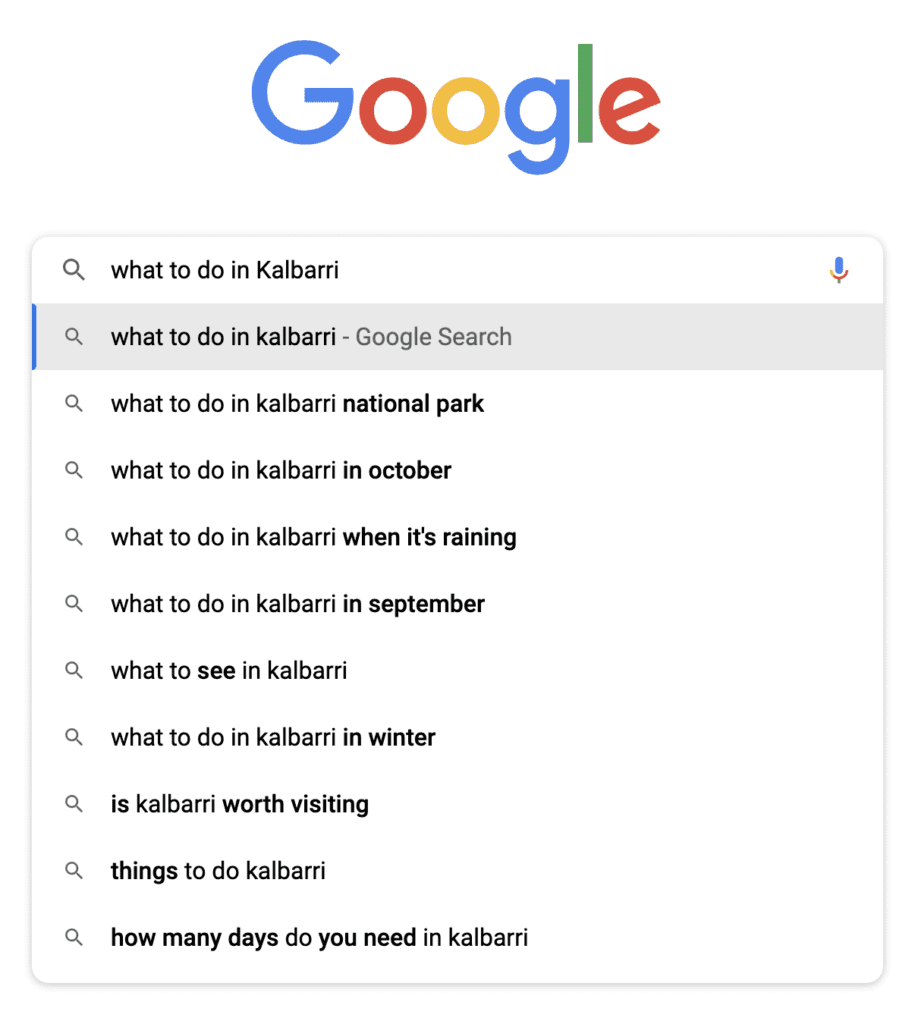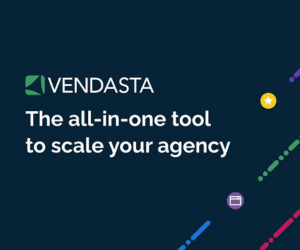I’ve been a promoter of live events and entertainment since I was 17 years old. This month is my 47th birthday, which marks 30 years of a career in FUN! In 2015 I quit my job with Australia’s fastest growing entertainment company, and started my own small business called Agent Digital with the idea I’d be free to travel and work online creating websites and doing digital marketing. And for a time, I was.
The pandemic through a spanner in the works, although being “locked-in” to sunny Queensland was definitely an upside. When I chose to return home to WA, life and business had changed quite a lot, and we are all still adjusting to “the new normal”. Thankfully I was already working completely online before all the drama, so I was ahead of the curve and survived the treacherous 2nd and 5th year of running a business, the years that the majority of new ventures fail.
In 2016 I received Google Partner status. And the following year I was certified as a Facebook Agency Partner. These certifications are based on best practice training, and linked to how much of other people’s money you spend with these tech giants on advertising. Paid Ads are easy, and they work fast, however more recently I’ve been looking at organic (unpaid) strategies for a few reasons.
- I believe the future is a decentralised internet, one that will be controlled by the people and not a handful of billionaires. We call this Internet 3.0 and if you’re nerdy (like me) there is some interesting reading you can search for online.
- Building a business that relies on these tech companies is like building a house on rented land, you don’t know when the landowner may sell, raise the price, or change the rules.
- Profit margins in small business are tighter than ever. So it makes sense to maximise your organic reach before you start paying for ads.
Don’t get me wrong, we absolutely need Facebook and Google to do business today. But if that ever changes, what is your plan? Do you own your digital assets? What happens if you can’t use Facebook to reach your people? Have you collected their email and phone numbers, just in case? Do you engage with your customers outside of social media so they know it’s you if ever you need to contact them direct?
When I start working with a new client, the question is usually “Search or Social”? For service based businesses, tradies etc, the answer to that question is usually Search. You are not necessarily glamorous but you are essential, and when people need you, they need you now. That’s when they ask Google.
For other businesses, people often don’t know they want you until they see it. A good example would be tours, cafes & restaurants. This is where Social Media has great power, it’s aspirational, you show what you have and when people see it, they may decide it’s what they want.
Regardless if you think you are Search or Social (and I’ll go into more detail on the Social side soon) – everyone needs to be seen in Google. Here’s what happens when you type “What to do in Kalbarri” into a Google Search… you’ll see the most popular searches appear as suggestions as you type… this is what people are looking for answers to.

Here are my top 5 suggestions (and a wee bonus) of HOW – and WHY – you can be found in Google when customers are looking for you.
- Check your online listings. NAP (Name, Address, Phone) is how Google indexes your business. If you have old addresses, mismatched business names or incorrect or outdated phone numbers on any online listings, you will lose authority with Google and be less visible compared to other business with the correct contact details.
- Use Google My Business (GMB) – it’s free and you can claim your business listing and information box, keep your hours up to date, link to your website, and even post short updates every month. Google will love you for it and reward you with more visibility.
- Have a fast loading and mobile optimised website. Link it to both Google Analytics and Google Search Console, as well as your GMB Listing. Ensure your website is up to date, especially your NAP!
- Get good reviews. Don’t incentivise positive reviews – Google hates this eg: I’ll give you a free coffee if you give me 5 stars on Google. Instead, when you receive a compliment, ask the customer to do you a favour and write that on your Google Business profile. When you ask for a review after someone has a good experience, you always get a good one. QR codes can make it easy for customers to scan and review you there on the spot.
- Respond to your reviews. Don’t fret over negative reviews. If you get a negative review and you disagree, politely reply to the review in public and explain your side of the story. Don’t attack customers, they often will come out looking much worse if they attack you. There are grounds to remove a negative review, it’s a bit of a process and not always approved. One reason you could have a negative review removed is if the review came from someone who was never a customer, or if it is spam, or a false review from a competitor.
Thanks to my many clients and their trust (and money) over time, I’ve recently launched a collection of free tools and reports to help small business owners get better visibility on where they sit online, and what they should do next. Get your free digital check-up. It only takes a few seconds to plug in your details and get started.






